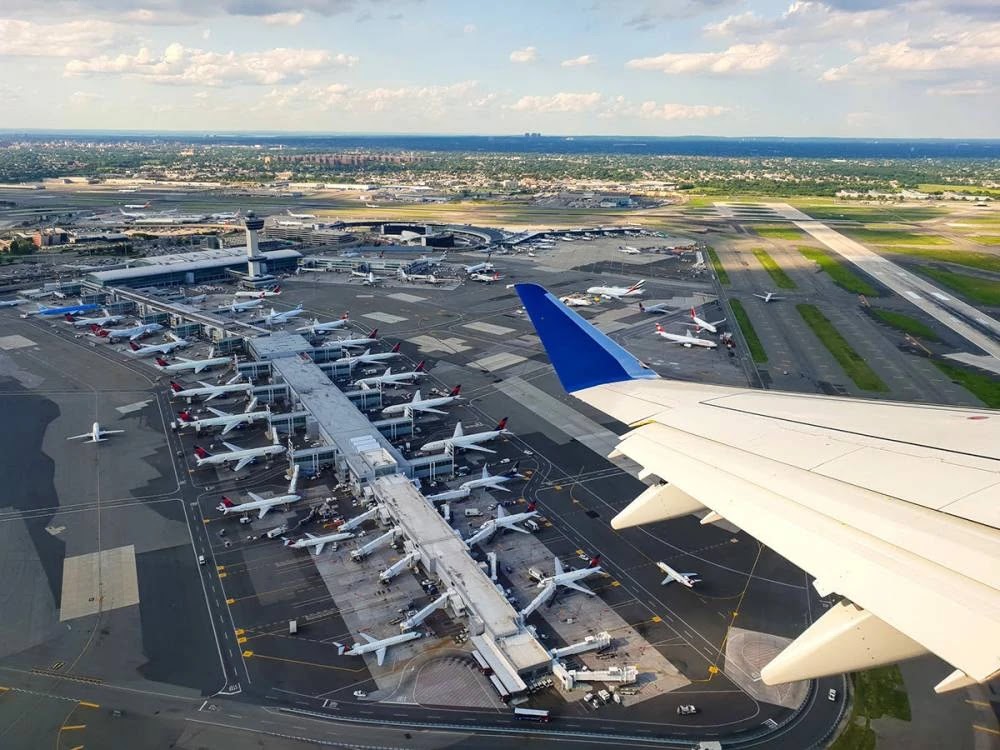Post-pandemic staffing challenges persist at New York ATC Centers.
Key Points:
- The FAA's program, allowing a 10% reduction in operating authorities at specific airports, is extended due to air traffic controller shortages in New York.
- This extension, now lasting until 28 October, is a response to post-pandemic staffing issues, particularly at the N90 facility managing Northeast USA flights.
- Operational issues, including inclement weather and ATC staff shortfalls, resulted in significant flight cancellations in June at New York airports.
WASHINGTON D.C — Due to persisting air traffic controller shortages in New York, the Federal Aviation Administration (FAA) announced a six-week extension of a program aiming to curb flight disruptions in the New York and Washington, DC regions. This decision, cited in a regulatory filing from 14 August, accentuates the FAA's ongoing struggle to counteract staff deficiencies, notably at its New York air traffic control (ATC) facility.
Originally launched in March, the FAA's waiver program was initially set to grant airlines a 10% operation waiver from 15 May to 15 September. With the extension, airlines can now reduce their operational presence by 10% at four airports - LaGuardia, Ronald Reagan Washington National, John F Kennedy International, and Newark Liberty International - until 28 October.
The August announcement by the FAA cites the "N90" facility, which oversees Northeast USA flights, as particularly affected by post-pandemic staffing challenges. Training delays caused by pandemic-related safety protocols have been mostly addressed, except at the N90 site. The notice highlighted: “The staffing shortfalls at N90 hinder the FAA’s capacity to promptly serve aircraft operators and their passengers in this airspace.”
US carriers, such as United Airlines, had called for the extension, emphasizing they'd have to revert to their full operational levels at LaGuardia and Newark if the FAA did not prolong the waiver. The FAA regulates operations at LaGuardia, Kennedy, and Washington National by allocating takeoff and landing slots. Carriers risk losing these slots if they are not utilized at least 80% of the time. Notably, Newark operations are not slot-based, but airlines must obtain FAA approval for "schedule requests".
Operational hurdles, compounded by poor weather and staffing shortages, provoked major disruptions in June. On certain days, airlines had to cancel up to 40% of flights at New York's airports.

